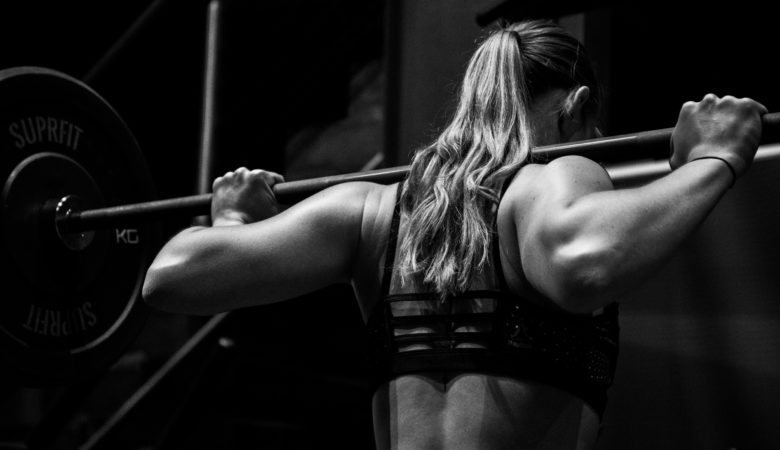Your Introduction to HRV and its Role as an Exercise Metric

If you’re a fitness junkie, you need to measure HRV: heart rate variability. This is one of the best metrics to measure your body’s performance. Where the normal heart rate metric tells you how many beats per minute your heart is pumping out, HRV measures the space in between your heartbeats.
The timing in between your heartbeats is important. This automatic nervous system function can indicate how ready your body is to “perform” at any given time. That is, whether your body has recovered enough from exercise to go for another round.
Measuring HRV is a little trickier than simply measuring your heart rate. While many modern smartphones and watches can measure heart rate, you will probably need a special device to measure HRV. However, it’s the best way to monitor your recovery.
Whether you’re an exercise fiend or are just starting a new fitness routine, read on to find out how HRV measurements can help your practice.
What is HRV, and why is it important?
Monitoring your HRV is important for two reasons. First, you can ensure that you’re not overtraining during your exercise routines. Second, you can monitor your overall health and wellness.
You may know that the body has two nervous systems: sympathetic and parasympathetic. These help your body perform automatic functions like breathing and pumping blood.
The sympathetic nervous system is what regulates your stress response, while the parasympathetic nervous system helps your body rest and recover. The latter helps slow down your heart rate and blood pressure, whether you’ve just been startled by a Halloween decoration or you’ve finished a workout. When your HRV is high, it means that your body is responsive to both sympathetic and parasympathetic input.
HRV can measure whether your sympathetic response has fully ended—that is, whether you’ve recovered from your workout. This is important when you’re starting a strenuous workout routine. Overexercising can do more harm than good, and keep you off your feet longer.
In addition to recovering from exercise, HRV can also provide insight into your overall health and well-being. When your HRV registers high, that means that your body is under less stress. You’ve probably been sleeping better, eating healthy foods, exercising and avoiding unduly stressful situations. All of these things can affect your HRV. That means if you’ve been under a lot of job stress and sleeping poorly, even though you’re otherwise taking care of your health, your body may have a lower HRV.
According to Harvard Medical School, “Over the past few decades, research has shown a relationship between low HRV and worsening depression or anxiety. A low HRV is even associated with an increased risk of death and cardiovascular disease.”
How to measure HRV
HRV can fluctuate greatly in a person, especially as they age. If you decide to start measuring your HRV, the key is to look for overall trends.
You will need a specialized wearable to track your HRV. The most accurate way to measure HRV is with an electrocardiogram, but few of us have access to one on a regular basis. Experts recommend getting a wearable that also measures your sleep and heart rate for an overall picture of your well-being. For example, if your HRV is low but you’re sleeping well, you can rule that out as a potential cause. Harvard recommends purchasing a chest-strap monitor over other types of wearables, although wearable technology is rapidly improving.
Do you need to measure HRV?
While everyone can benefit from knowing their HRV, not everyone needs to run out and embrace this metric. If you’re happy with your Fitbit or smartwatch, you may not see the need to get an HRV-monitoring wearable. Furthermore, if you’re not in any danger of overtraining, HRV metrics aren’t going to be as important. You can certainly stay healthy without tracking your own HRV.
However, HRV monitoring isn’t just for athletes. Anyone who has been trying to monitor their overall well-being can benefit from tracking this metric. Whether you’re recovering from a truly stressful period in life, are worried about preventing genetic health issues or just like the idea of staying in tune, this can be an incredibly useful metric.
Monitoring HRV alone may not provide a complete picture of your overall health, but it’s an important component. Use it as a way to workout safely or alert you to potential health issues. It never hurts to take advantage of the opportunities technology provides.

